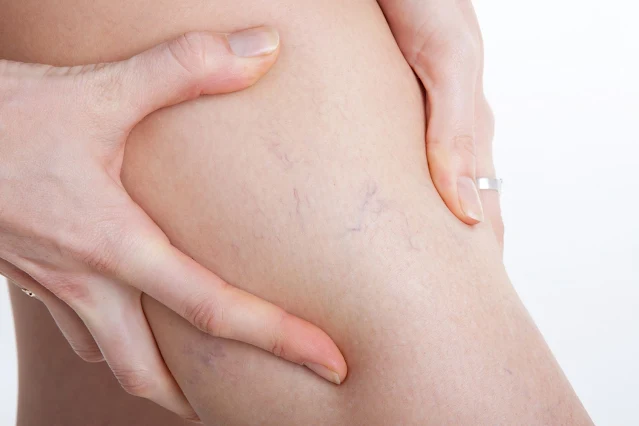How To Treat Varicose Eczema
A Holistic Approach: How to Treat Varicose Eczema Naturally
Varicose eczema, a condition often overlooked, can be a source of considerable discomfort and self-consciousness. Although it might seem like an unusual pairing, varicose veins and eczema share an intricate connection that's often misunderstood. In this article, we will explore the world of varicose eczema and discuss various natural treatment options to alleviate its symptoms, aiming for a more relaxed and holistic approach.
Understanding Varicose Eczema
Varicose eczema, also known as stasis dermatitis or gravitational eczema, is a skin condition that primarily affects the lower legs. It typically occurs in individuals with varicose veins. Varicose veins, those bulging, twisted veins, often cause poor blood circulation, leading to swelling, inflammation, and fluid leakage in the affected areas. This chronic venous insufficiency can trigger varicose eczema, causing a range of uncomfortable symptoms.
Symptoms of Varicose Eczema
1. Itching and Irritation: The most common and distressing symptom of varicose eczema is intense itching, which can disrupt your daily life and sleep.
2. Inflammation and Redness: Affected skin often becomes red, swollen, and tender, making it unsightly and painful.
3. Dry and Flaky Skin: The skin may become dry and scaly, sometimes leading to open sores or ulcers that can be prone to infections.
4. Discoloration: As the condition progresses, the skin may develop brown or reddish-brown pigmentation.
Holistic Approaches to Treating Varicose Eczema
1. Compression Stockings: Wearing compression stockings is a fundamental aspect of varicose eczema management. These stockings provide pressure to the legs, helping to improve blood circulation and reduce swelling.
2. Elevate Your Legs: Elevating your legs above your heart level can help drain excess fluid and reduce swelling. Whenever you have the chance, prop your legs up.
3. Moisturize Regularly: Using a gentle, fragrance-free moisturizer can help keep your skin hydrated and reduce dryness. Apply it after taking a shower and before going to bed.
4. Diet and Hydration: A healthy diet rich in antioxidants and essential nutrients can improve overall skin health. Stay well-hydrated and consume foods high in Omega-3 fatty acids, such as fatty fish and flaxseeds.
5. Herbal Remedies: Herbal treatments like aloe vera, calendula, or chamomile creams can soothe irritated skin and provide relief from itching and inflammation.
6. Avoid Harsh Soaps and Allergens: Use mild, non-irritating soaps and avoid allergens or harsh chemicals that could exacerbate your condition.
7. Regular Exercise: Gentle exercises, such as walking or swimming, can promote better circulation and contribute to overall health.
8. Consult a Dermatologist: For more severe cases, it's essential to consult a dermatologist. They can prescribe topical steroids, antibiotics for infections, or more advanced treatments if necessary.
Conclusion
Varicose eczema, though often overlooked, is a condition that deserves our attention and care. It can be uncomfortable and unsightly, but with the right approach, you can manage its symptoms and improve your quality of life. The holistic methods discussed here provide a natural and gentle way to treat varicose eczema, helping you find relief without resorting to invasive procedures or harsh medications. Remember to consult with a healthcare professional for personalized guidance on managing varicose eczema, and embark on a journey to healthier, happier skin.


Post a Comment for "How To Treat Varicose Eczema"